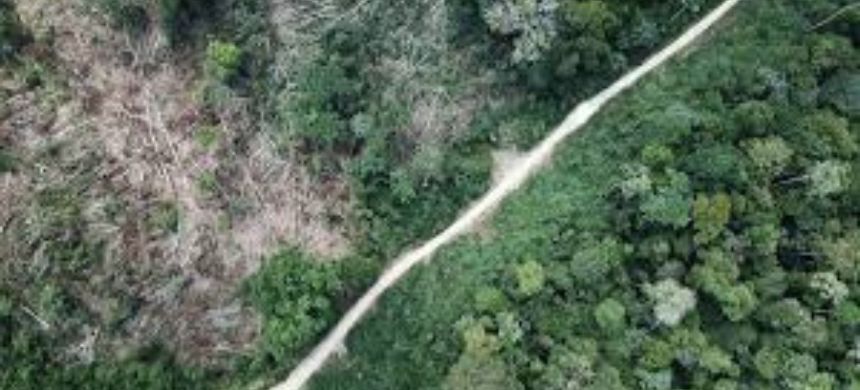The Amazon Rainforest is the largest tropical rainforest in the world, spanning over 5.5 million square kilometers. Its vast size makes it a crucial component of Earth’s ecosystem, playing an essential role in regulating climate and supporting life.
Often called the “lungs of the Earth,” the Amazon produces around 20% of the world’s oxygen. This vital contribution helps balance atmospheric gases, making it critical not only for local wildlife but for the global environment as well.
Read more: Brazil has deployed 1,500 firefighters to control the Amazon fire
The rainforest is also a biodiversity hotspot, home to 10% of all known species on the planet. Iconic animals like jaguars, sloths, and pink river dolphins thrive in its unique ecosystem, alongside countless other species of plants and animals found nowhere else on Earth.
However, deforestation is threatening the Amazon’s future. Vast sections are being cleared at alarming rates, endangering both its biodiversity and the global climate. The loss of this rainforest could have devastating effects on species and human life worldwide.











